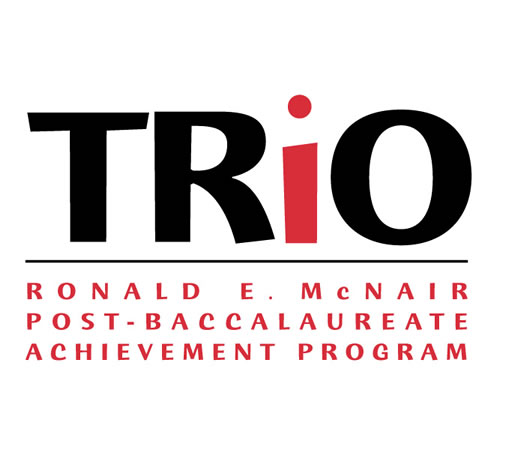Document Type
Poster
Publication Date
2013
Publisher
University of Nevada, Las Vegas; Center for Academic Enrichment and Outreach
Publisher Location
Las Vegas (Nev.)
Abstract
The study of hunter-gatherer populations around the world can greatly inform our understanding of the evolution of the human diet. Ethnographic research of modern hunter-gatherers has been used to infer the possible food consumption and acquisition patterns of our ancestors. Hunter-gatherers provide the information necessary for the understanding of the past human diet, due to these populations living similar lifestyles in similar environments, therefore procuring similar foods.
The Hadza, a group of nomadic hunters and gatherers living in Tanzania, East Africa, are one of the primary populations that nutritional anthropologists study to infer what possible foods our ancestors acquired and consumed. My project explores the diet composition of the Hadza, in combination with reviews of previous research, to provide a broader perspective on the possibilities that shaped early hominid dietary patterns.
Keywords
Anthropologists; Anthropology; Diet; Human evolution; Hunting and gathering societies
Disciplines
Anthropology | Biological and Physical Anthropology | Ecology and Evolutionary Biology | Evolution
File Format
File Size
542 KB
Language
English
Rights
IN COPYRIGHT. For more information about this rights statement, please visit http://rightsstatements.org/vocab/InC/1.0/
Repository Citation
Osborne, K.,
Crittenden, A.
(2013).
Evolution of the Human Diet: What We Can Learn From Hunters and Gatherers.
Available at:
https://digitalscholarship.unlv.edu/mcnair_posters/38
